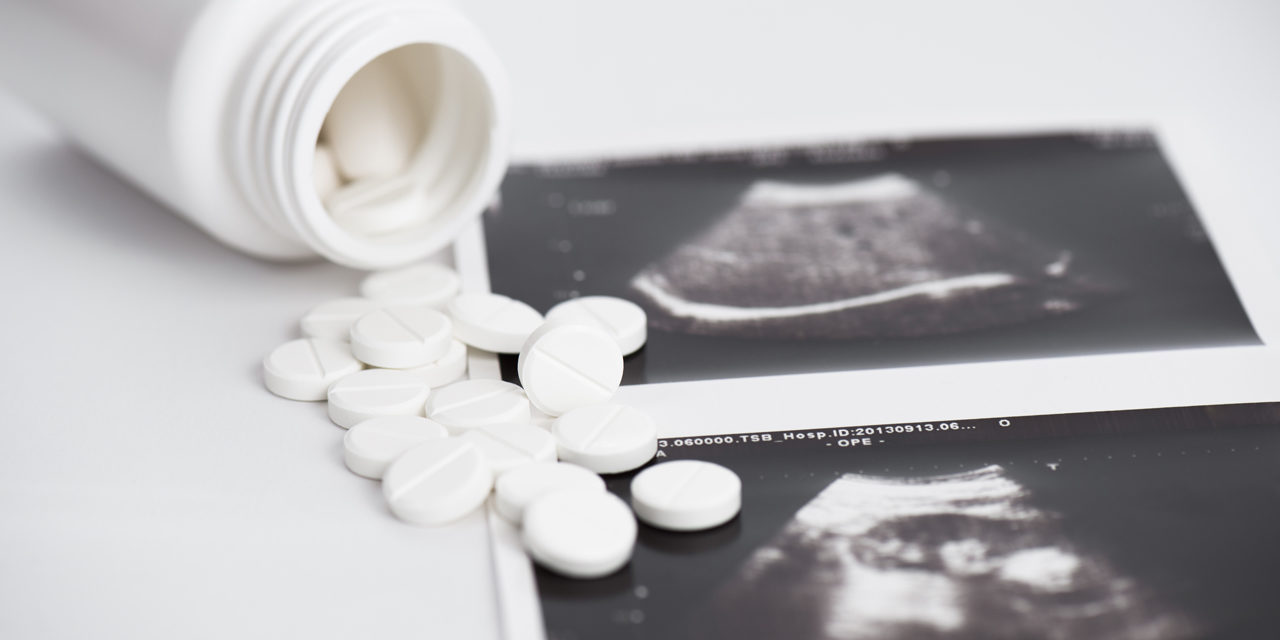Pro-life advocates are saddened by the Biden administration’s recent announced that it will allow abortionists to prescribe and send the abortion pill through the mail. This is the latest in a long-running saga as the abortion industry has pushed the courts to remove protections from women by denying them the opportunity to visit with a physician before taking the dangerous abortion pill(s).
As the coronavirus pandemic was first gaining steam, the abortion industry pushed for the Food and Drug Administration (FDA) to deregulate the abortion pill and allow physicians to prescribe the protocol without actually seeing the patient, which the abortion industry has been pushing for years. The case ended up in the court system where a judge sided with the abortion industry and the former administration fought to keep the regulations in place.
In January, the Supreme Court ruled that the FDA regulations should remain, requiring a physician to prescribe and provide the first abortion pill (mifepristone) in person, before the woman takes the other half of the abortion pill protocol (misoprostol) at home to complete the abortion.
Now, the Biden administration is once again reversing course and removing the FDA regulations “for the duration of the pandemic.”
Abortion advocates are celebrating the news.
“The FDA’s announcement is a win for women, people of color, and everyone working to make ends meet who can now safely get the medication abortion they need in the way that makes the most sense for them—without burdensome in-person trips to the doctor’s office,” pro-abortion group NARAL tweeted.
Planned Parenthood wrote, “Mifepristone is safe, effective, and has been used by 4+ million people since the FDA approved it more than 20 years ago. Removing medically unnecessary barriers to it is a big win for abortion access and keeps patients, providers, and health care staff safer during the pandemic.”
Sadly, it’s not just the abortion industry that has advocated for this unnecessary and potentially dangerous regulation change. The pro-abortion American College of Obstetricians and Gynecologists (ACOG) has been a staunch supporter as well.
ACOG released a statement, “ACOG applauds the U.S. FDA for acknowledging the strong safety and efficacy profile of mifepristone for termination of early pregnancy. By halting enforcement of the in-person dispensing requirement during the COVID-19 pandemic, the FDA is recognizing and responding to the available evidence—which has clearly and definitively demonstrated that the in-person dispensing requirement for mifepristone is unnecessary and restrictive.”
In the announcement letter, the FDA shared with the country that it used four studies to reach this conclusion. All of the studies were completed under the guidance of abortion providers and abortion clinical directors.
One of the studies, entitled “Expansion of a direct-to-patient telemedicine abortion service in the United States and experience during the COVID-19 pandemic,” concluded that “direct-to-patient telemedicine service was safe, effective, and acceptable, and supports the claim that there is no medical reason for mifepristone to be dispensed in clinics as required by the FDA.”
However, the study also reports that of the 1157 women it was able to follow up with, after originally starting out with 1390 volunteers, 70 women had “unplanned visits to emergency rooms or urgent care centers for reasons related to the abortion (6%), and 10 serious adverse events occurred, including 5 (blood) transfusions (0.4%).”
Former president of Planned Parenthood Cecile Richards once said that the abortion pill is “safer than Tylenol.” Maybe it’s just me, but I don’t remember the last time taking Tylenol as prescribed sent me to the emergency room.
As the study failed to include any detailed information, it’s unclear if any of these potentially life-threatening hospital visits were the result of pre-existing conditions missed in the initial exam completed by a doctor, physician’s assistant, nurse practitioner or nurse that does not specialize in abortions.
Another study, which was also rather sparse with the details, concluded that “incorporating telemedicine and a no-test protocol for medication abortion is safe and has the potential to expand access to abortion care.”
Based on the information provided, it’s unclear how that is the case. The study only cited the success rate of the abortion, which averaged at 95.8%. Complications were not reported.
Despite this rather flimsy evidence, the FDA, under the guidance of acting commissioner of Food and Drugs Janet Woodcock, M.D., released a letter and eliminated regulations that have been on the books for years.
Though this change is supposedly only for the duration of the pandemic, it will likely become permanent. As the second study explains, the motivation for this change isn’t convenience for women, but a way to “expand access” and fill the coffers of the abortion industry by making it as easy as possible to get the abortion pill, despite the obvious risks.
Looking for alternatives to abortion? Check out the Focus on the Family curated My Choice Network: mychoicenetwork.org.






